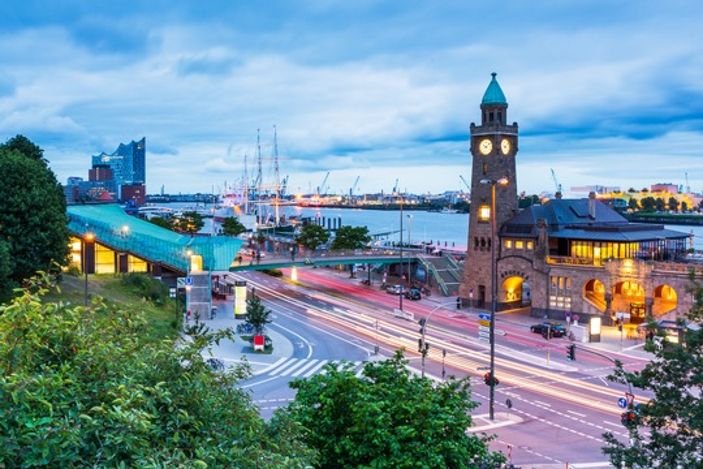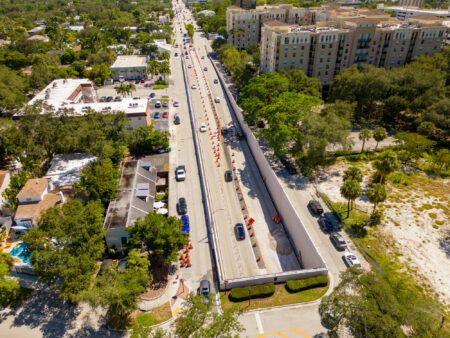When it comes to sustainable mobility in cities, avoiding congestion is key. Intelligent traffic management leads to quick, effective solutions as well as positive effects on the environment and quality of life. From October 11 to 15, experts from Kapsch will be presenting their mobility solutions for digital traffic control and intelligent networking of vehicles and roads at Booth 5405 (Messe Hamburg).
The negative economic and ecological effects of congested road networks are undisputed. For example, a quarter of all greenhouse gas emissions in Europe are due to traffic. The fact that this is also causing resentment among those affected was recently made clear by the Kapsch TrafficCom Index-2021: 70 % of German and 74 % of Austrian respondents no longer consider road traffic emissions acceptable.
Intelligent traffic management allows traffic authorities to record and respond to traffic conditions in real time. While conventional solutions are time-delayed and inaccurate, a proactive solution takes into account current traffic conditions and combines measures such as dynamic pricing, intelligent vehicle routing and signal optimization to manage demand from private motorized transport.
“Traffic congestion and its associated emissions create a public health crisis and cause millions of dollars in lost productivity,” says says Gerd Gröbminger, vice president, sales CENECA at Kapsch TrafficCom. “That’s why we are driving innovation and technology in key areas such as Connected Driving, Smart Roads and Smart Mobility Pricing. All these elements need to work together if we want to achieve sustainable change.”

A first convenience function that can be implemented quickly is the Green Wave Assistant. Traffic signal timing data is processed directly for drivers with a smartphone app or integrated into the vehicle navigation system so that they can keep up with the green phases of the traffic signals and drive more smoothly as well as save energy.
Another important tool for combating traffic congestion as part of an intelligent traffic management strategy is the optimization of signaling. This involves adjusting traffic signal timing so that traffic does not back up at intersections. This optimization of signaling can reduce congestion by up to 25%.
In addition, intelligent traffic management also includes data exchange with navigation providers. By using deep learning algorithms, it is not only possible to determine the optimal routing scenario for traffic, but also to balance traffic according to local needs on all available routes. In this way, navigation providers can combat congestion and reduce travel times for individual drivers.
You can get more detailed information on these and other Kapsch TrafficCom technologies at Booth 5405 at Messe Hamburg, as well as part of a panel discussion on October 13 in room 2 of exhibition building B4, where Kapsch expert Balazs Barnucz will talk about the possibilities of AI for traffic analysis.





